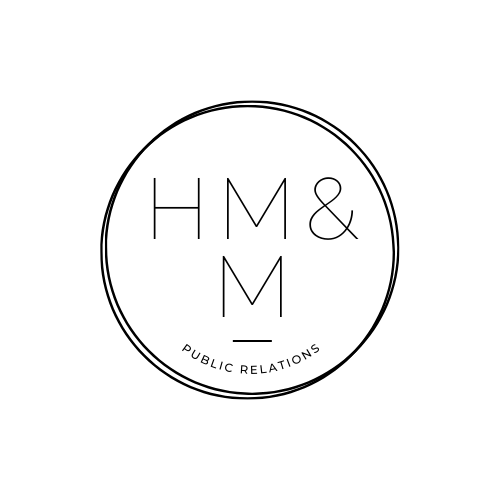What is public relations?
Public relations (or PR) is the act of cultivating a positive public view of your organisation and optimising media access to your brand. This is similar to marketing or branding, though its goal is to create editorial coverage by having authentic conversations with media, influencers, and like-minded stakeholders like potential ambassadors or partners. Simply put, a PR team will fly the flag for your brand - looking for every opportunity to provide information to build customer loyalty and awareness.
For decades, publicists have been carving out a niche by offering innovative solutions, with a focus on creativity. By applying communications, marketing, and advertising techniques, PR is a very effective resource that results in better business, bigger profits, and more importantly, genuine human connection.
What does a publicist do?
For many businesses, managing a relationship with the media isn’t their primary focus. Their business is critically important, and public relations is certainly an investment in that. A good PR professional will work with the media to provide accurate and effective information that will help build a positive reputation for your business. Day-to-day they manage multiple projects, write, edit and maintain stakeholder relationships to achieve a range of outcomes depending on the business’s needs.
A common misconception of public relations is that it has more to do with “advertising” and “promotion.” But this is not true. PR touches on several other areas, including social content, sales, and even employee engagement.
Although PR roles aren’t always clear-cut, a quick way to decide if it’s PR or marketing is to ask how much the opportunity costs. If you are paying for the media inclusion, it’s not editorial which means it’s not PR. Of course, there are some exceptions, like independent podcasts who ask their guests for a small donation to help with production costs. Influencer marketing is another example of paid editorial because it is their full-time job and brand collaborations can be time-consuming.
What is coverage?
A successful PR campaign will have comprehensive coverage that increases brand credibility with the target audience. By communicating important information regarding the product or service in a way that is timely, relevant, and engaging, you should expect coverage across a variety of platforms. The radio, podcasts, newspapers, magazines, and television are the most popular types of media but coverage from Instagram, YouTube, and other forms of social media are just as valuable.
Coverage can be anything from a product review, quotes from a spokesperson, mentions of your business, or an in-depth profile piece on an upcoming announcement.
How do you get coverage?
An e-mailed press release is still one of the most traditional ways to open the door for ongoing coverage but a publicist will have other ways to optimise media opportunities for your brand.
Aside from traditional pitching, a publicist’s relationships with the media will naturally create additional coverage. If a publicist is known to be easy to work with, a journalist will keep their number handy for last-minute requests or favours that could result in contra media placements.
For example, if you are a restaurant owner and an editor needs a quick photo for the paper you could benefit from letting them use your venue for the picture in exchange for a mention of your restaurant in the caption. It might not be game-changing coverage but the relationship could lead to a full feature article down the track.
A publicist will help create new opportunities by developing case studies, commissioning research or simply by newsjacking.
Who is the media?
In the digital world, the industry isn’t as straightforward as it once was and anyone can be ‘the media.’ There are influencers, reporters, video journalists, podcasters, and even forums like Reddit or public Facebook groups that could be considered media. Essentially, most of the readily available information that the general public can see could be considered media and should be monitored.
By creating advocates with members of the media, your brand will also benefit from word-of-mouth and information sharing within this network.
Want to learn more?
If you are interested in learning more about this dynamic industry check out how to measure a PR campaign or add a show from this list of public relations podcasts to your rotation.





